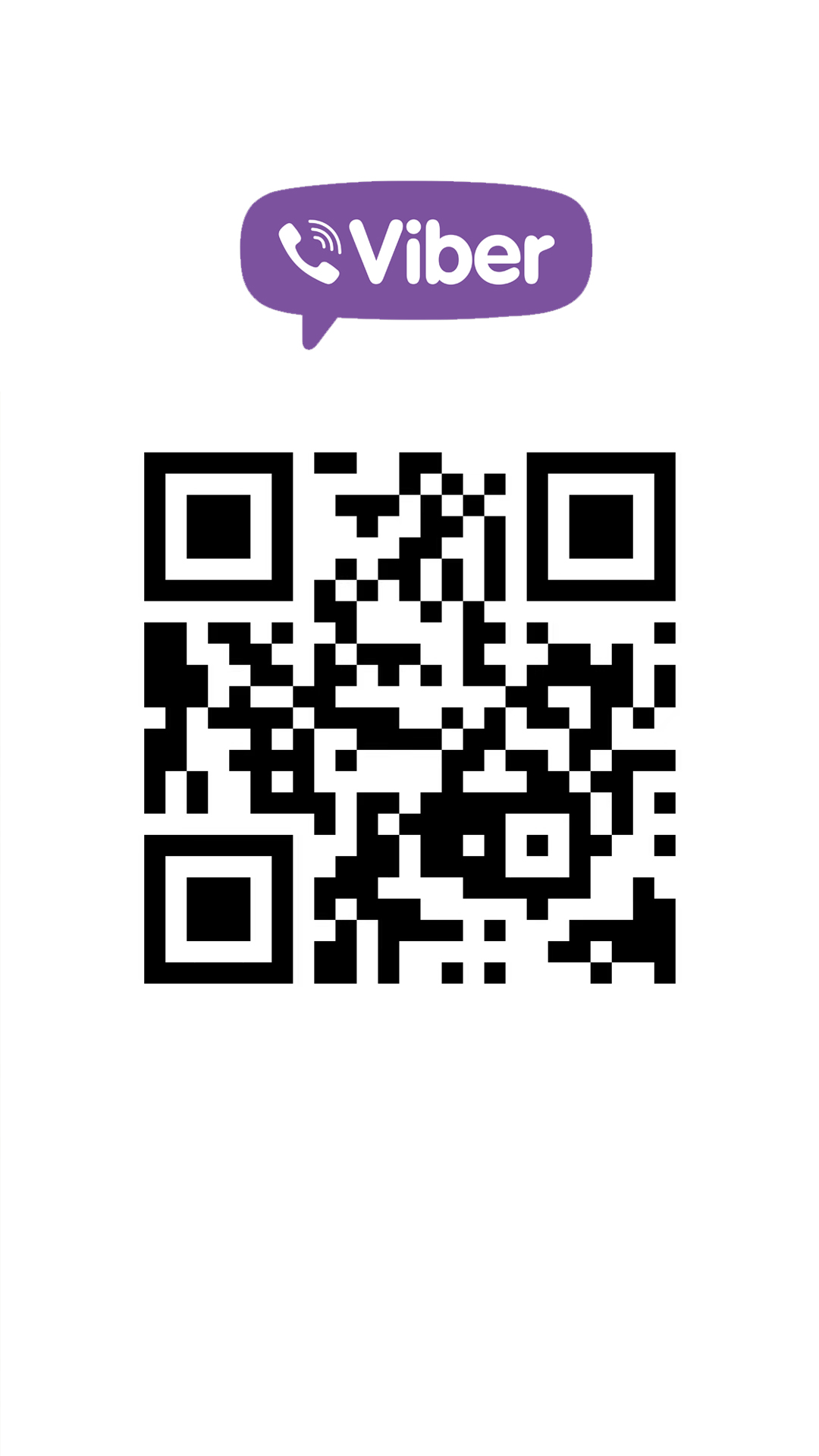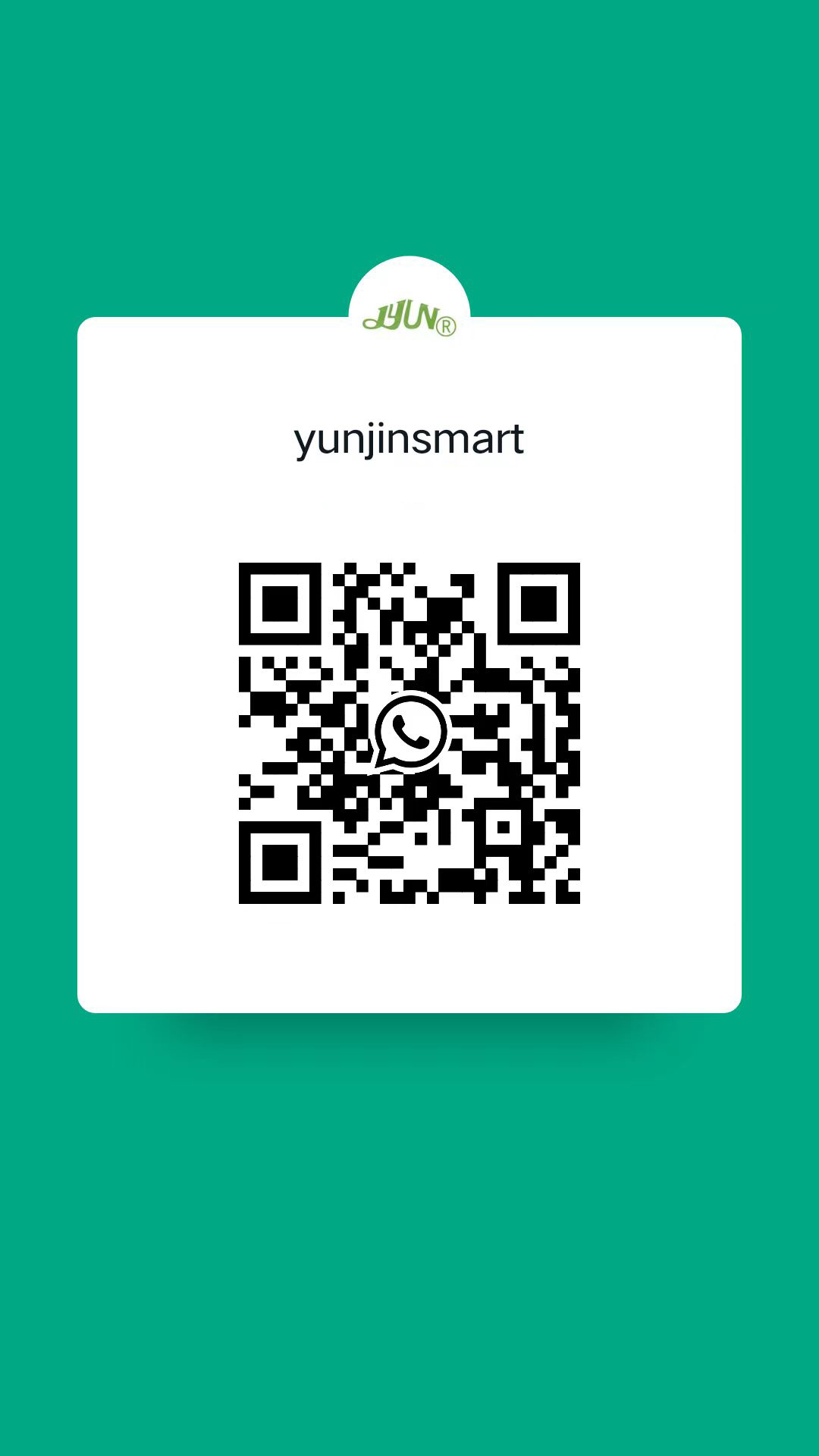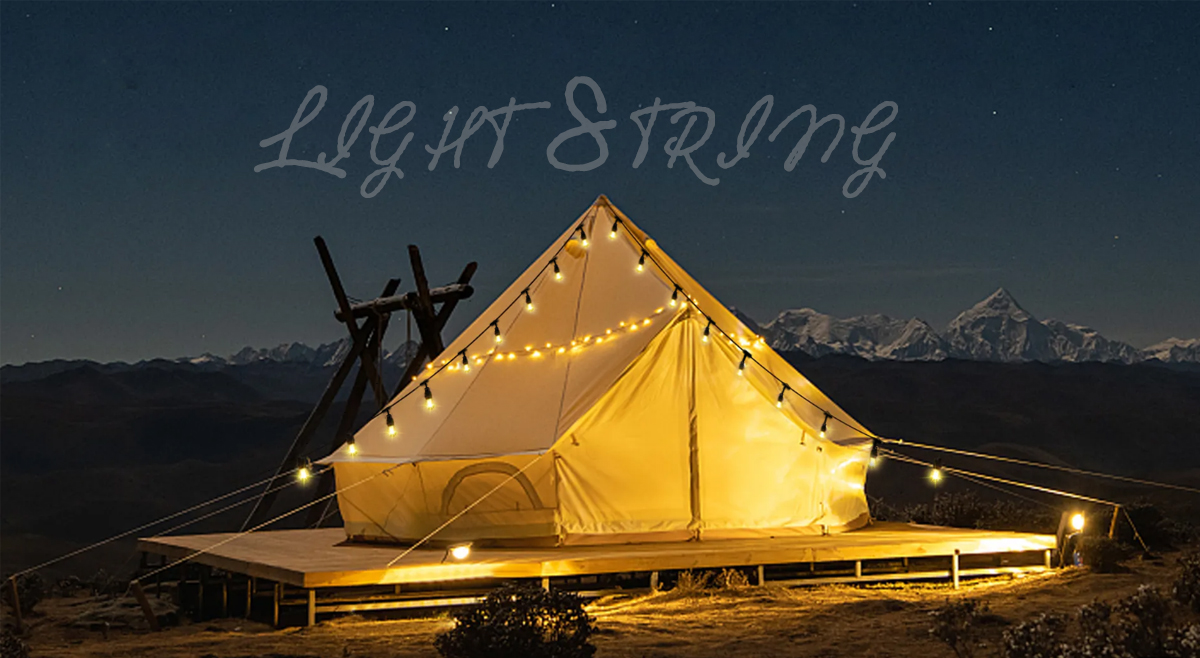The Standard of Quality for Solar Lights
As the world continues to prioritize sustainable and environmentally friendly practices, the demand for solar-powered technology, including solar lights, is on the rise. However, with this increased demand comes the need for clear quality standards to ensure that the products meet performance and safety requirements. In this article, we will explore the quality standards for solar lights and the importance of adhering to these standards in the renewable energy industry.

Quality standards for solar lights are essential to guarantee the safety, efficiency, and durability of the products. These standards are established to assess the performance of the solar lights, including their ability to harness solar energy and convert it into light, as well as their resistance to environmental factors such as water, dust, and temperature fluctuations. In addition, quality standards also cover aspects related to the materials used in the manufacturing of solar lights, ensuring that they are durable and safe for long-term use.
One of the key quality standards for solar lights is the certification by reputable organizations such as the International Electrotechnical Commission (IEC) and the International Organization for Standardization (ISO). These organizations provide guidelines and testing procedures to evaluate the performance and safety of solar lights, helping consumers and businesses make informed decisions when purchasing these products. By obtaining certification from recognized entities, solar light manufacturers can demonstrate their commitment to producing high-quality, reliable products that meet industry standards.
In addition to international certifications, various countries and regions have their own specific quality standards for solar lights. For example, the European Union has established the CE marking, indicating that the product complies with the essential requirements of EU directives. Similarly, the United States has standards set by organizations such as the Solar Rating & Certification Corporation (SRCC) and the National Renewable Energy Laboratory (NREL) to ensure the quality and performance of solar lights in the American market.

When evaluating the quality of solar lights, it is important to consider factors such as the efficiency of the photovoltaic panels, the brightness and duration of the light output, the reliability of the battery storage system, and the overall design and construction of the product. High-quality solar lights should be able to withstand varying weather conditions and provide consistent lighting throughout their lifespan. By adhering to established quality standards, manufacturers can deliver solar lights that meet these criteria and offer reliable and sustainable lighting solutions to consumers.
Furthermore, the quality of solar lights directly impacts their contribution to the global push for renewable energy and sustainable technology. By investing in high-quality solar lights, individuals and organizations can reduce their reliance on traditional energy sources, lower their carbon footprint, and contribute to a more environmentally friendly future. Quality standards play a crucial role in ensuring that solar lights deliver the expected benefits in terms of energy efficiency, longevity, and environmental impact, thereby supporting the transition towards a more sustainable energy landscape.
In conclusion, the quality standards for solar lights serve as a cornerstone for the renewable energy industry, providing guidelines for manufacturers, consumers, and regulatory bodies to uphold the performance and safety of these products. These standards enable the reliable and widespread adoption of solar lights, contributing to the global efforts to transition towards renewable energy and sustainable technology. As the demand for solar-powered solutions continues to grow, maintaining and upholding these quality standards is paramount to advancing the use of solar lights as a viable and efficient lighting option.



viber

skype

whatApp

telegram


 France
France
 Spain
Spain
 Portugal
Portugal